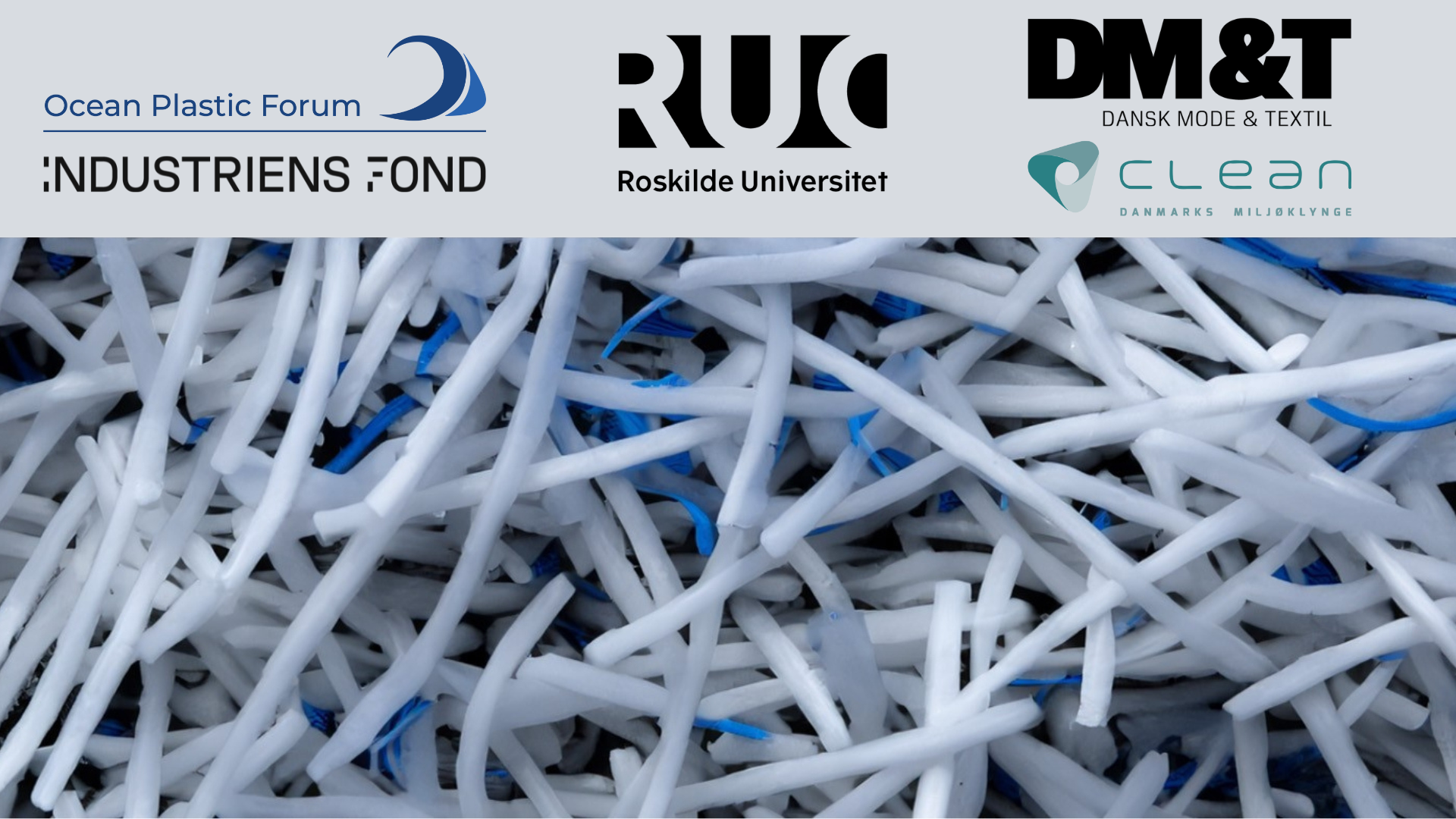Ocean Plastic Forum, Danish Fashion & Textile and Roskilde University will focus on the need for knowledge exchange and partnerships across the plastic and textile industries – both sectors face a common challenge when it comes to splitting, sorting, and recycling fibers and creating the conditions for circular production.
The EU Commission’s plastic and textile strategy has set an ambitious agenda for the plastic and textile industry’s transition from linear to circular production. The EU has already set targets for the content of recycled plastic in new products from the plastic industry by 2030, and it is expected that the textile industry will face similar objectives, especially because the majority of the fibers used in clothing, for example, are plastic-based – and difficult to recycle. The plastic industry has been working with fiber-to-fiber recycling for decades and the textile and plastic industry are at a crossroads, where the industries will compete for the same secondary raw materials, but where there are also opportunities for technological solutions that benefit both sectors, so that waste products from the plastic industry can advantageously be included in closed-loop solutions in the textile industry, and the other way around.
Based on a number of cases, Ocean Plastic Forum, Danish Fashion & Textile and Roskilde University want to focus on some of the challenges that the plastic and textile industry share when it comes to recycling fibers at the conference “From waste to resource – circular fibers at the crossroads of the plastic and textile industries”. It is also the goal to point out methods and approaches where the plastic and textile industry can draw mutual inspiration for innovative technologies and materials that enable increased recycling of textile and plastic fibers.
The conference will be held on the 31st of October at Roskilde University – beginning at 9.30 with coffee and registration. A light lunch will also be provided during the day and program end is at 15.00. Access to the conference is free – follow this link for registration.
It is also possible to attend the conference online – follow the same link for registration and choose the ticket named “Online deltagelse”. More information about how to gain acess to the online event will follow.
Find program of the day here – note that it is subject to change along the way.
The conference will be held mostly in Danish – but with some parts of the program in English.


